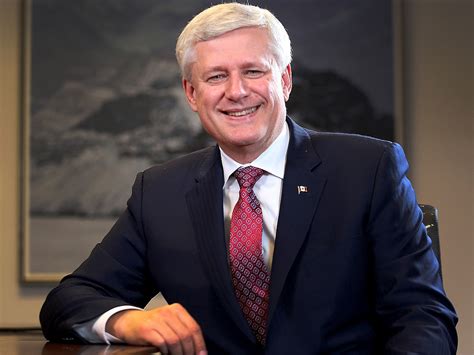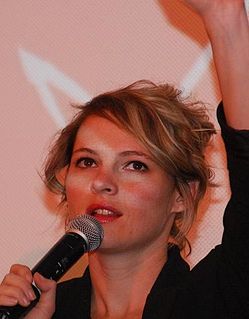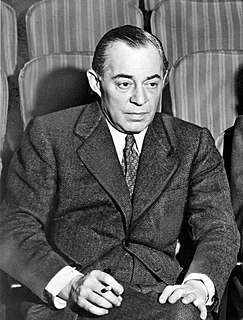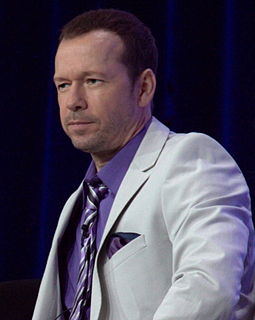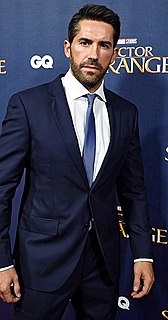A Quote by Ryuichi Sakamoto
Each time I work on a film, I say to myself, 'This is it. This is the end.' Because it is so stressful, it's like torture.
Related Quotes
I don't like to be constrained to any one medium. I like to surprise and amuse - and indeed, torture - myself by weaving back and forth between images and words of all sorts, and trying to create work in the end that feels "of a piece." This is why I resist calling myself a "cartoonist." It doesn't seem to describe what I do.
I knew about some experience on the operational part of the CIA with Latin American services and so forth having to do with torture. But this was the first time that the CIA was openly advocating for permission to be able to torture. And that seemed to me so abhorrent that I wanted to disassociate myself from the CIA for the first time since 1963, because I didn't want to be associated in any way, however remotely, with an agency engaged in torture.
I don't torture myself. And I do the work because of the pleasure involved. I'm satisfying a compulsion I find nigh-on irresistible. It's not necessarily because of the work itself. I just feel the need for a period of regeneration afterwards. Like leaving a field fallow when you've grazed too much on it. I feel depleted.
I don't know about torture. I have educated myself on many things but on torture I have not known the boundary between what is torture and what isn't torture. I know the NRA tie these people (rebels, etc.) when they catch them. They tie their hands backwards. I am now being told that is torture. It is the traditional method.
But you see," said Roark quietly, "I have, let’s say, sixty years to live. Most of that time will be spent working. I’ve chosen the work I want to do. If I find no joy in it, then I’m only condemning myself to sixty years of torture. And I can find the joy only if I do my work in the best way possible to me. But the best is a matter of standards—and I set my own standards. I inherit nothing. I stand at the end of no tradition. I may, perhaps, stand at the beginning of one.
I'm an avid reader, and though it doesn't always work out in terms of relaxation, I've got to keep myself up to date with current affairs. I was a journalism student in college, and I don't feel like I can relax unless I feel informed. When people say they can't watch the news because it's too stressful, I just think, ignorance isn't bliss. It's just another way to procrastinate.
I've always loved theatre because it's so immediate. The challenge of it is that, career wise, it's easier to get traction in the industry if you do film and TV because the audience is larger, and because the work can be seen for a longer period of time. I did solid work in a series of regional and Off-Broadway shows, but the work I did on TV or film will have a longer life with a larger audience (and with services like Netflix). Ultimately, there's something intimate about TV, because the storytelling and the actors come home with the viewer. It can be powerful because of that.
Tobin Bell wasn't obligated to do the second Saw film but he wanted to. I think they brought me into this film because there's a first time director, and my reputation is one of an actor who's there for the betterment of the project. I'm not there to better myself. I'm there to bring all my resources to the project to make it as good as it can be. In the end, that makes everyone look good.
After directing awhile, you get an instinct about it, but you have to be able to trust your own feelings. Invariably, two-thirds of the way through a film, you say, "Jeezus, is this a pile of crap! What did I ever see in it in the first place?" You have to shut off your brain and forge ahead, because by that time you're getting so brainwashed. Once I commit myself to a film I commit myself to that ending, whatever the motivations and conclusions are.











